| Would you want to read a novel set on Peterborough Railway Station? If you don’t live in England, you might not have even heard of Peterborough but, for me, having spent a bit of time hanging around that particular station, it was a pleasant surprise to pick up this book and find it located there. Even so, it doesn’t have the charm of London St Pancras with the drop-in piano sessions or the glamour of New York’s Grand Central. So it takes a skilled writer to render that ordinary setting intriguing and Louise Doughty is certainly that. |
Welcome
I started this blog in 2013 to share my reflections on reading, writing and psychology, along with my journey to become a published novelist. I soon graduated to about twenty book reviews a month and a weekly 99-word story. Ten years later, I've transferred my writing / publication updates to my new website but will continue here with occasional reviews and flash fiction pieces, and maybe the odd personal post.
|
6 Comments
On trial for murder or the colour of his skin? A Stranger in the Kingdom by Howard Frank Mosher5/1/2024
There must be more than six degrees of separation between a boy who attends his oxen in rural Thailand and a contemporary social media influencer in the USA. But the farmer could be one steppingstone between them and the writer a link from the other end. The tour guide could be the bridge in the middle because they might need to shit in the woods. What am I on about? The answer is in these five mini reviews.
Here are two books featuring different kinds of caring: the first a translated memoir about a healthcare professional who looks after people’s minds along with their feet; the second a novel about an actor who opens his home to his struggling father and to his childhood friend.
These two recent reads feature characters who find themselves in morally compromised situations, partly of their own making. The first, set in the contemporary US art world, is about a young man’s relationship with a middle-aged man he saves from drowning. The second, set during a turbulent time in American history, focuses on a family of thespians, drinkers and dreamers.
These two unconventional novels address the difficulties of reconciliation to individual and societal involvement in the exploitation and annihilation of other communities and ethnic groups. Neither tells a straightforward story, but I struggled most with the structure and style of the first. This is a pity, as I’d like to have learned more about the persecution and murder of Guyana’s indigenous people. I found the second, about the legacy of the Holocaust for contemporary Germans, an easier read.
I was going to call this post hopes dashed, but that would be too sensational for these two lovely novels about women getting on with it after disappointment, not because they’re heroic survivors but because they’re ordinary flawed human beings. In the first, an untenured academic carries on as normal despite a drawn-out miscarriage; in the second, an aspiring artist continues painting despite a lack of talent and community support. Both stories unfold in elegant understated prose with touches of humour.
I’m struck by the similarities between these two novels, despite being of different genres and set six centuries apart. Both are about men who take pride in their knowledge and intellect yet are blind to the biases that limit their understanding, particularly in relation to women and to physical health. The first is about a nuclear physicist dosing himself with radiation, the second about a young monk’s encounter with the Black Death.
Three short reviews of novels about how the past keeps hold of us. The first two are connected by the discovery of a body and a sleepy Shropshire village; the third novel, This Other Island, is, like Ever Rest, mostly set in London and, like Old Bones, it’s about family secrets.
Both these novels address mid-20th-century fascism from unusual angles: the first through the preoccupations of a Jewish family in Mussolini’s Italy; the second through an alternative history in which Britain, instead of going to war against the Nazis, has succumbed to colonisation in everything but name.
Well, what do you know? I can’t recall when I last read a novel featuring a kidnapping, and then two come along at once, both published (in the UK at least) on the same day (May 6). It’s worth noting, however, that I wouldn’t have flagged them as kidnap stories if I were posting these reviews individually. But it does distinguish them from the many other novels I might read about friendship and women’s lives from childhood to middle age. The first is set in the USA and the second in Nigeria and, if either sounds like your kind of story, don’t hesitate to get yourself a copy.
Let’s consider two novels published this month which direct the reader’s gaze towards the characters’ inner lives, mentally and physically. The first, set in Australia during the recent rampaging bushfires, focuses on the characters’ wandering minds as they watch a play. The second, set in the Americas, looks in on the body and outwards to the stars.
Salina roams aimlessly through the desert, sequentially accompanied by each of her three sons. Harold is physically and mentally unprepared for his epic journey, although he does have a specific destination in sight. Salina’s story unfolds in a newly-published novella, translated from the French; Harold’s in a deceptively light bestseller, published in 2012.
Two novels featuring sex and psychotherapy: can you guess which one I couldn’t finish? The other is both entertaining and educational, so put your feet up and read on.
These two novels deal with the aftermath of situations that had caught (fictional) media attention told from the point of view of a woman who tried to do her best. In the first, a political scandal has led to the titular Chief Executive’s early retirement; in the second, an abducted girl is returned to her mother. Of course, the aftermath isn’t quite as the protagonists expect.
Only one of these three recent reads is classed as a horror novel and, although not my usual genre, it turned out to be my favourite of the three. But we don’t need to evoke the supernatural to scare ourselves: there are real-life horrors in each of these stories. In the first, a translation, war has killed many and put the survivors’ lives on hold. In the second, set in rural Cumbria, the spooky happenings are extra disturbing for a man with unprocessed memories of violence from childhood, as well as his helplessness in the face of his wife’s agonising three-day labour. The third is a 1960s classic set in a horrific – but typical of its time – psychiatric hospital where the regime seems designed to make a bad situation worse.
No, I'm not going to mention the election, although I read the second of these two novels as a certain world leader screamed for the count to be suspended in some states and accelerated in others. And I wouldn't want to speculate on whether the status of these fictionalised ordinary Americans might shed some light on how half the country lost its mind. But I do love a story that upends the American dream. Where is the space for those who don’t strive for success and fame? Where do the American Asians fit in the narrative? Prepare to be provoked and entertained!
I’m sharing my thoughts about three recent reads set in communities slightly apart from the mainstream: the first two in contemporary residential care settings and the third in a dystopian future world. In genre they’re also slightly apart from my usual fare: the first mass-market commercial fiction; the second, a translation (and therefore closest to my usual); the third, cyberpunk. Each offered something to intrigue and enjoy.
To and from Jamaica: Mr Atkinson’s Rum Contract; Wonderful Adventures of Mrs Seacole; Augustown21/10/2020 When I selected my reading for Black History Month, I didn’t realise that three of the four books had a connection to Jamaica. Nor did I realise that one would obscure black history as much as it illuminates. While three books are around ninety-seven short of composing a timeline, they’re listed here in chronological order of the events they portray. Scroll down for links to my reviews of other books (mostly fiction) I’ve read in recent years.
These two recent reads evoke the cultural climate immediately before the fall of the Berlin Wall in 1989. The first is a zany novel about the political demise of a former Stasi agent. The second is a translation from German set around a family dinner table in dread of the tyrannical father’s return.
Where once it was religion that kept the poor downtrodden, now it’s capitalism as expressed in the Great American Dream, that we can all be winners if we set our minds to it. Both these novels transport the modern mind to a time and place where characters are conscious that not everything that happens is under their control. But that doesn’t stop them from trying to appease the superpowers or exercise free will. In the first, we meet a group of thirteenth century pilgrims sacrificing earthly pleasures for an easier eternity; in the second, a young woman in modern secular India grapples with the ancient Hindu concept of fate.
Realising I needed a stronger reason for pairing these recent reads than the alliterative letter L, I nevertheless feel shabby to have linked them through the childminder role. Okay, the nanny is the protagonist of the first, although she remains a shadowy figure, but only one of many characters in the second where it’s as a mother, rather than as a parent substitute, that she advances the story. But, as was noted at the Zoom meeting of my book group discussion of Lullaby, nannies are as invisible in literature as they are in life. Rather belatedly, I also see that they’re both about fault-lines: the first metaphorically, the second geologically.
|
entertaining fiction about identity, mental health and social justice
Annecdotal is where real life brushes up against the fictional.
Annecdotist is the blogging persona of Anne Goodwin:
reader, writer, slug-slayer, tramper of moors, recovering psychologist, struggling soprano, author of three fiction books. LATEST POSTS HERE
I don't post to a schedule, but average around ten reviews a month (see here for an alphabetical list), some linked to a weekly flash fiction, plus posts on my WIPs and published books. Your comments are welcome any time any where. Get new posts direct to your inbox ...
or click here …
Popular posts
Categories/Tags
All
Archives
March 2024
BLOGGING COMMUNITIES
|
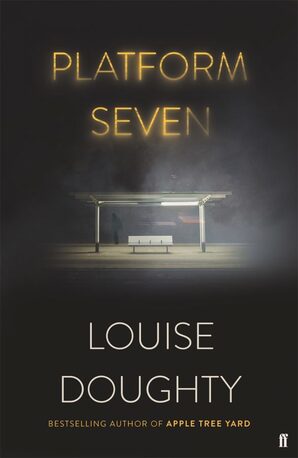
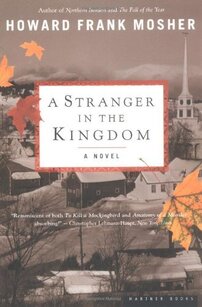
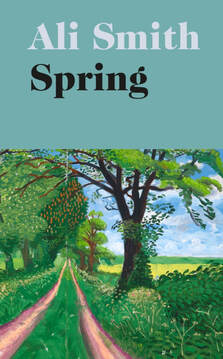

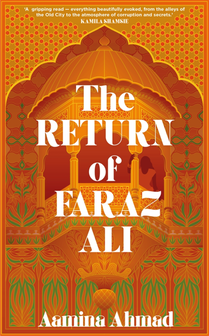
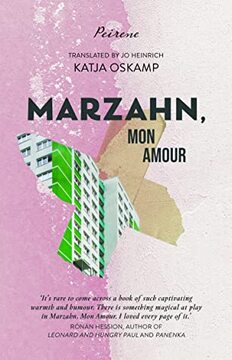
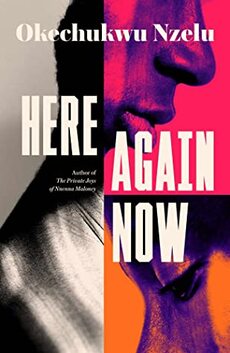
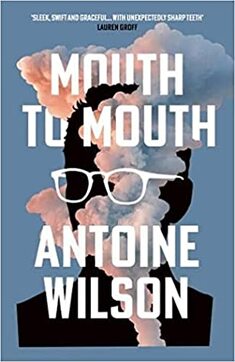
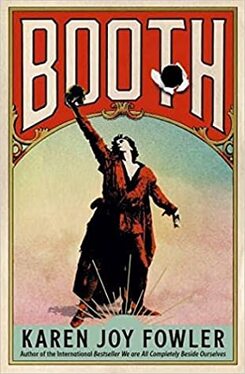
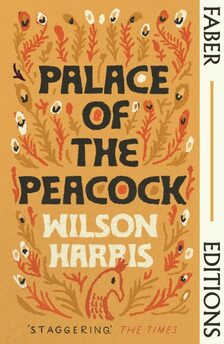
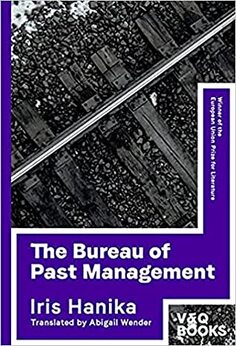
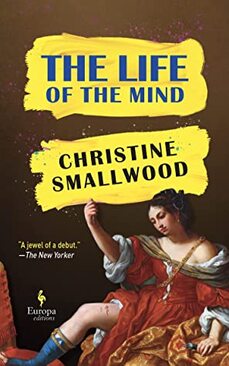
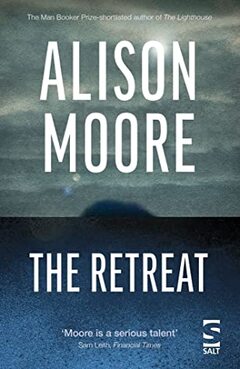
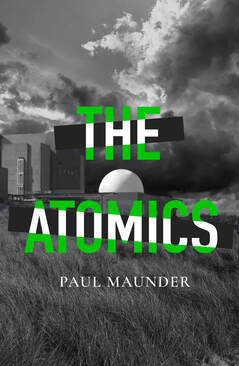
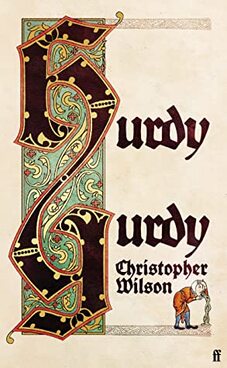
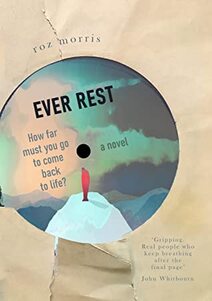
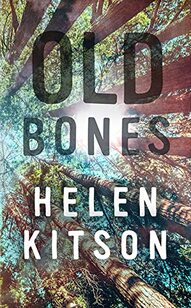
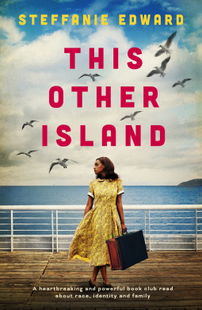
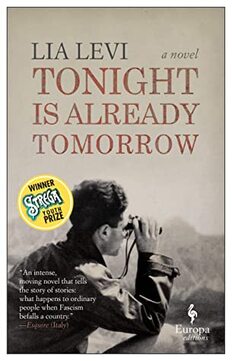
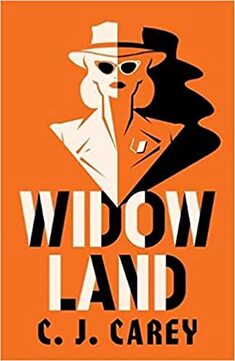
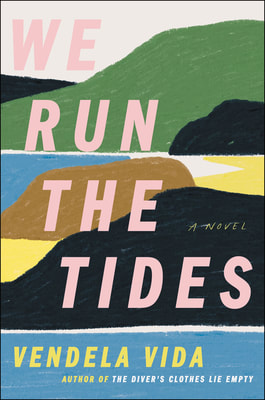
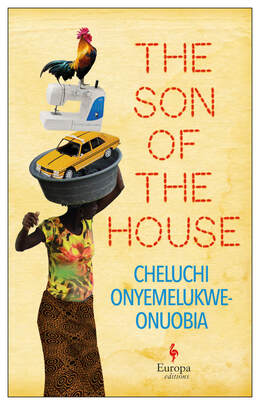
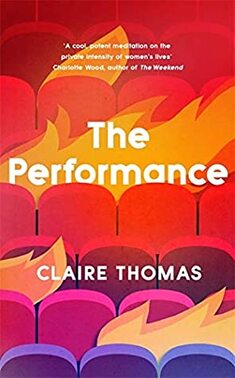
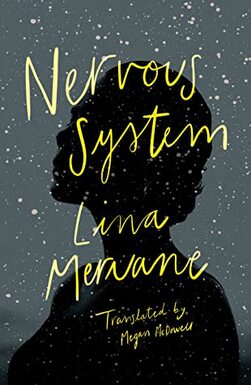
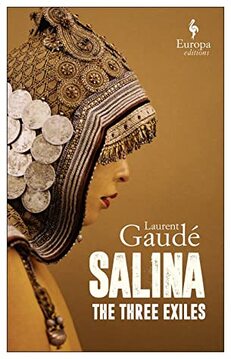
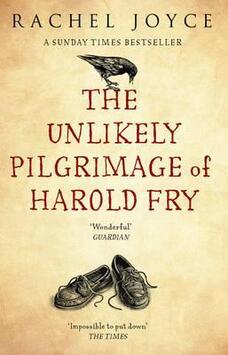
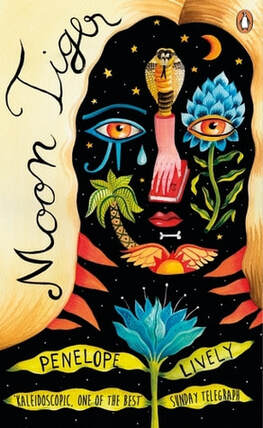
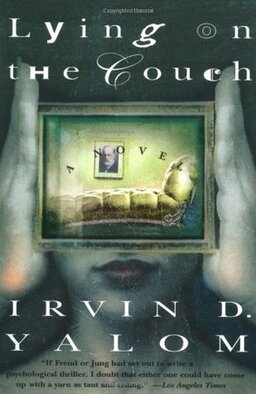
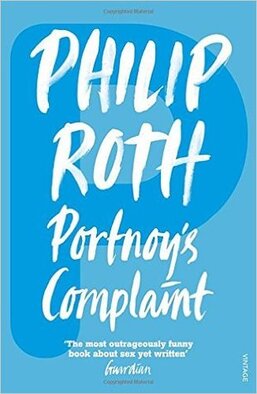
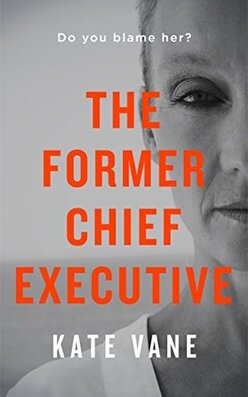
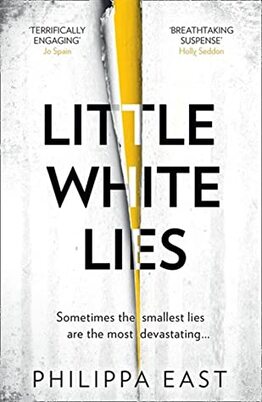
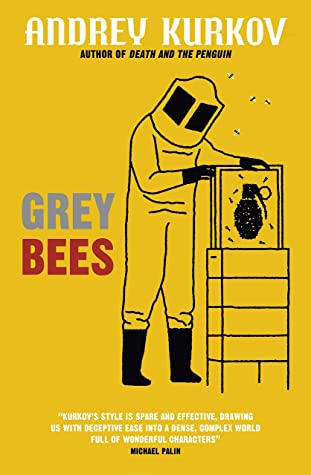
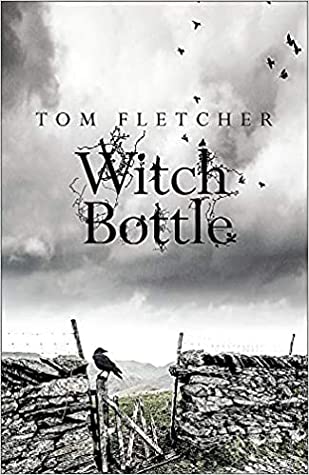
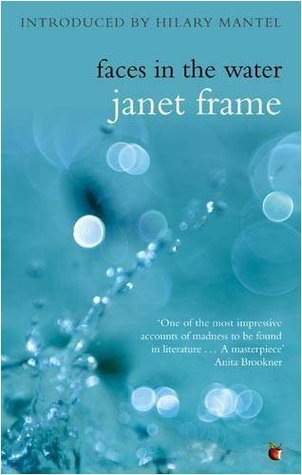
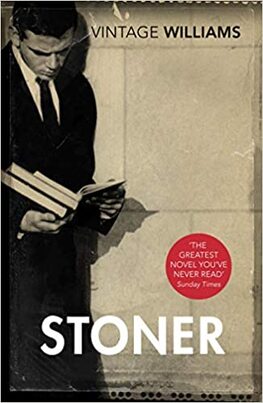
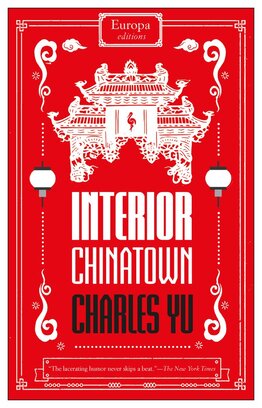
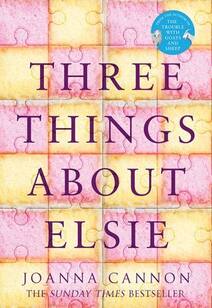

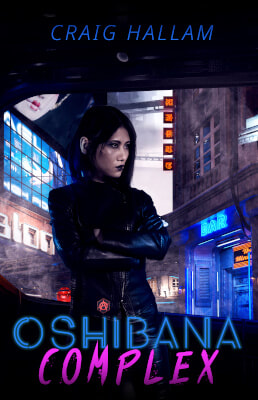
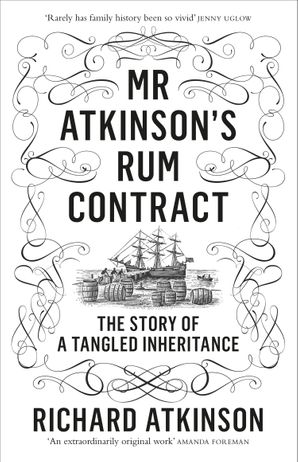
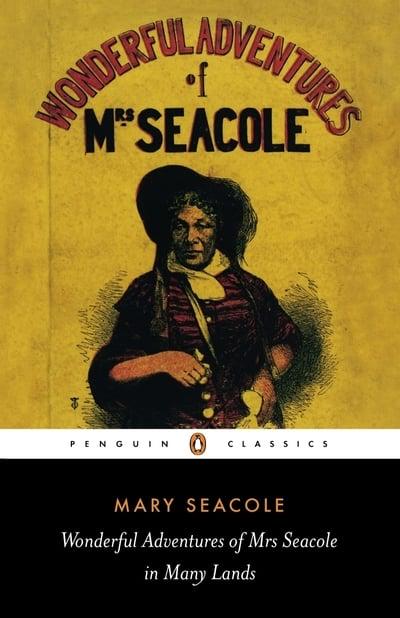
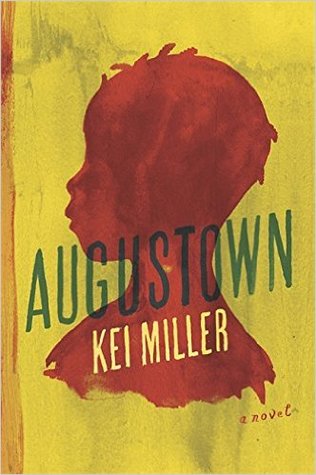
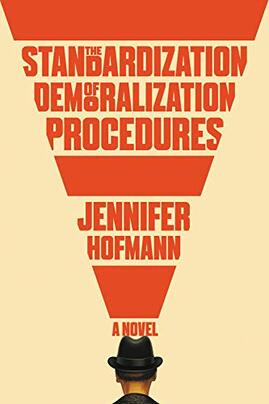
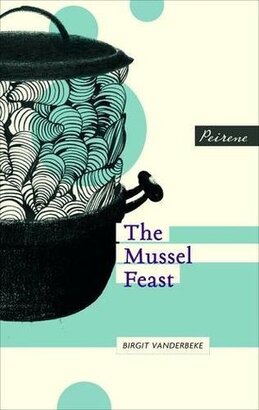
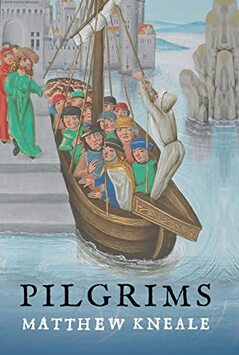
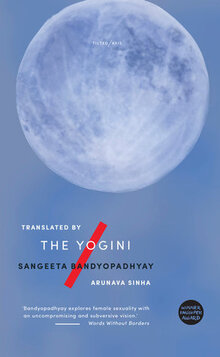
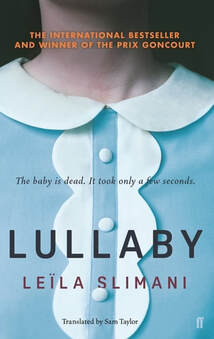
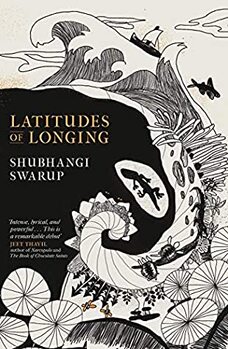





















 RSS Feed
RSS Feed





















